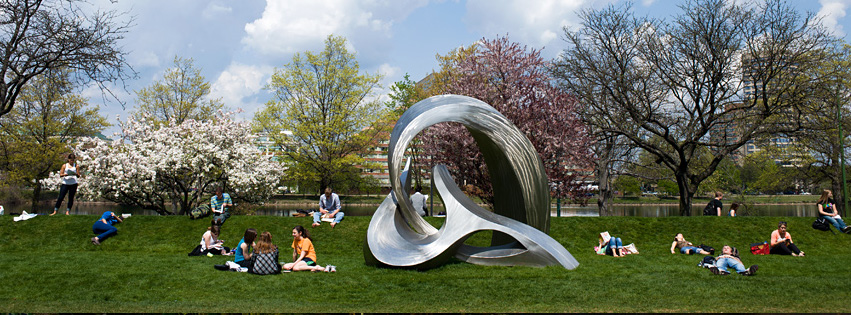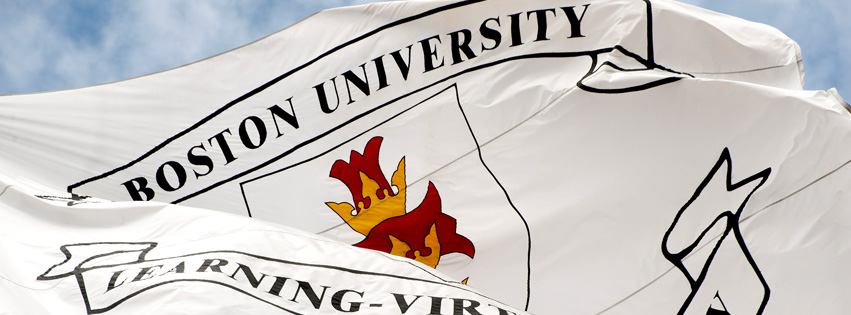Sabbaticals and Leaves of Absence including Junior Scholar Leave
A. Sabbatical Leave
Boston University grants sabbatical leaves for the purpose of encouraging faculty members to engage in scholarly research or other activities leading to professional growth and an increased capacity for service to the University. After each period of at least 12 full semesters of full-time service at Boston University, faculty members with standard professorial titles (i.e., unmodified Assistant, Associate or full Professors, whether tenured or non-tenure track) may be considered for a sabbatical leave consisting of one half academic year at full salary or one full academic year at half salary. Individual schools and colleges may offer sabbaticals to faculty members with professorial titles modified by “Clinical,” “Research,” and “of the Practice” under terms that are no more generous than those applicable to tenured faculty members.
- Any semester that includes a paid or unpaid leave, including Childbirth Leave and Family Leave for Child Bonding or Caregiving, sabbatical leave, or Junior Scholar Leave does not constitute full-time service to the University and does not count towards the minimum of 12 full semesters of full-time service required for sabbatical eligibility.
- While on the tenure track or during the terminal year after a tenure denial, Assistant Professors (or untenured Associate Professors) are not eligible for sabbatical leave, except in unusual circumstances and with the approval of the Provost.
In the event a tenure-track faculty member accumulates more than 12 semesters of full-time service prior to the tenure decision, a maximum of 2 semesters may be carried forward toward the next sabbatical.
A faculty member on sabbatical leave retains all employee benefits during the leave period.
In order to make sabbatical leave possible, responsibilities within the department will be adjusted to take account of the faculty member’s absence. If, in the opinion of the chair and the dean, such adjustment is not possible, the sabbatical will be denied for that year. In the event that sabbatical is thereafter granted, the year or years of denial on the basis of departmental needs will be credited toward eligibility for the subsequent sabbatical. The dean shall report this decision to the candidate. Denial on this basis may not occur for more than two consecutive years.
The faculty member’s application for sabbatical leave shall contain a proposed plan for scholarly work or other activity leading to professional growth, as well as a proposal, whenever appropriate, for obtaining outside funding. The faculty member shall submit an application to the department chair, who shall review its merits, consult with the appropriate departmental faculty, and inform the faculty member of the chair’s recommendation. The application, along with the recommendation of the department chair, will be forwarded to the dean. The dean shall review the merits of the application and, after consultation with the chair, inform the faculty member of the dean’s decision to approve or deny the sabbatical leave. Faculty taking sabbatical leaves must agree to return to full-time service for at least one year. (Please note that beginning in September, 2011, the University Provost devolved to the deans of the schools and colleges the responsibility to approve or deny applications for sabbatical leaves that follow standard University-wide policies of eligibility, duration, and compensation. Only exceptional cases require the Provost’s approval.)
B. Junior Scholar Leave
Tenure-track Assistant Professors (or Associate Professors in the Law School) who have undergone a formal mid-tenure review and are deemed to be making good progress towards achieving tenure, are eligible to apply to the dean of the school or college for one semester of paid Junior Scholar Leave to concentrate solely on scholarly and/or creative work in the final years before tenure review. The leave will be granted if, in the dean’s estimation, it is likely to strengthen the candidate’s overall application for tenure at Boston University.
Requirements:
- Prior Service: the faculty member must have completed at least 6 full semesters of full-time service by the time the requested Junior Scholar Leave would begin.
- Successful Mid-Tenure Review: the faculty member must have been appointed through the tenure review year following a formal mid-tenure review process in the school or college.
- Timing: Junior Scholar Leave must be completed prior to September of the academic year in which the tenure decision will be made. The semester chosen for the leave should be mutually agreed upon by the faculty member and the faculty member’s chair or dean to maximize utility for the faculty member.
- Duration: Junior Scholar Leave must be completed in a single semester. It cannot be split between two semesters or used to provide partial salary support for two semesters.
- Return: A faculty member who takes a Junior Scholar Leave must agree to return to full-time service for at least one year.
Interaction with other leaves and opportunities to reduce teaching:
- If a faculty member has been granted a semester or more at full pay with no teaching duties as part of the employment contract, the faculty member is not eligible to apply for Junior Scholar Leave.
- A faculty member who has been granted a teaching reduction at full pay as a result of an internal or external grant, contract, fellowship, or career development professorship remains eligible to apply for Junior Scholar Leave. However, the dean may deny the application if the dean is concerned that an additional semester out of the classroom might prevent the faculty member from demonstrating the teaching excellence required for a positive tenure decision.
- Prior Childbirth Leave, Medical Leave, or Family Leave for Child Bonding or Caregiving do not prevent a faculty member from applying for Junior Scholar Leave, although such semesters do not accrue towards the 6 full semesters of full-time service required for eligibility to apply for Junior Scholar Leave.
- Subsequent Sabbaticals: a semester of Junior Scholar Leave does not accrue towards the service requirement for eligibility to apply for a standard sabbatical leave. However, all semesters of full-time service prior to and following Junior Scholar Leave do accrue towards those semesters required for sabbatical eligibility.
Approved March 29, 2013
Update voted by the University Council October 18, 2022




